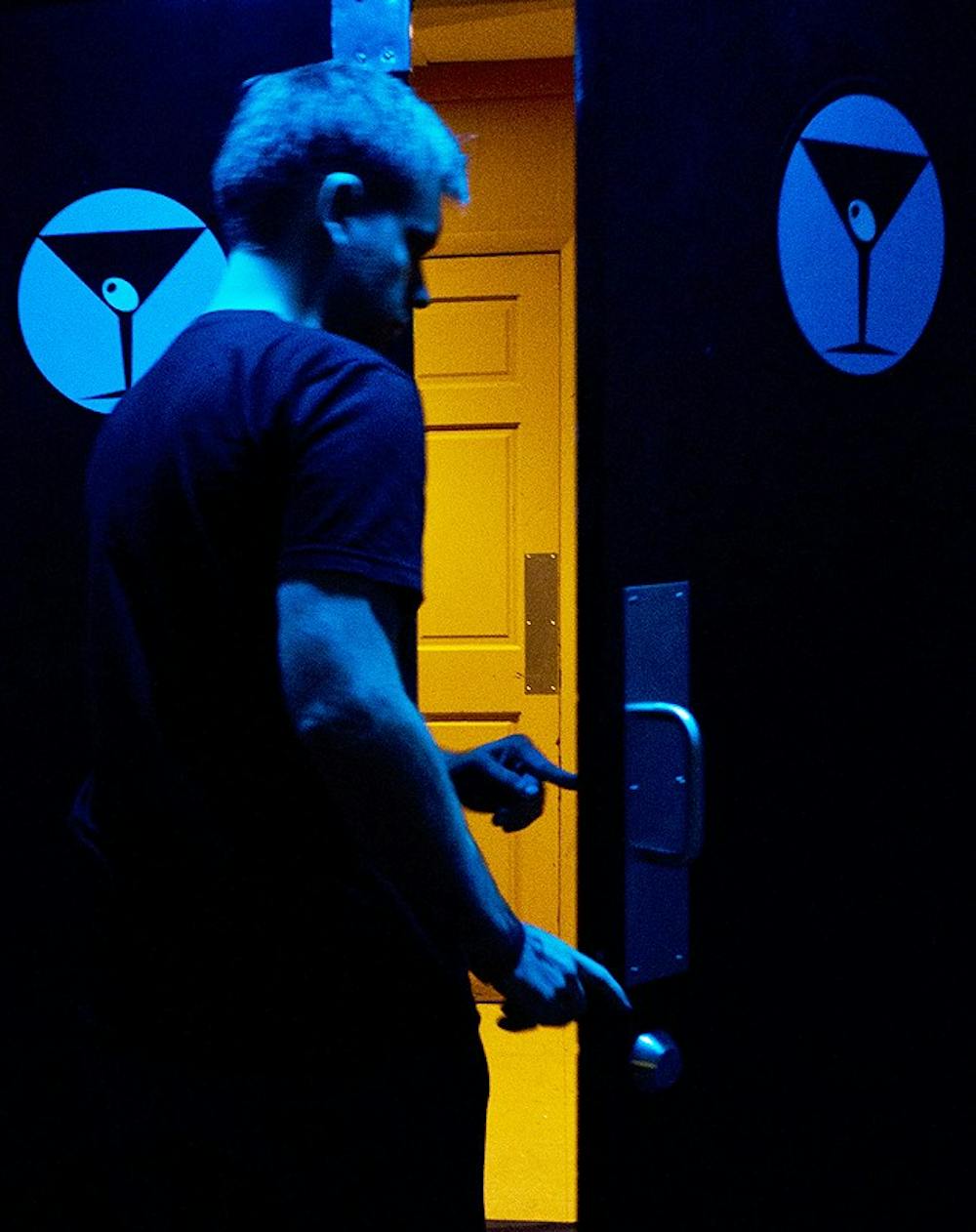Last Thursday night, for the first time in my college career, I ventured to East Franklin Street to climb the stairs of Players and catch the opening night of the Southeastern Electronic Music Festival known simply as Signalfest.
The nightclub wasn’t the booty-grinding den of depravity I had once imagined, but the experience was disorienting nonetheless. I never expected to find two seminal, internationally renowned electronic artists — Atlanta’s Distal and the UK’s Tunnidge — in a Chapel Hill bar that regularly plays host to Top 40.
But in the almost six hours the club was open, fewer than 45 people came through the door.
“It just wasn’t strong,” director Uzoma Nwosu said. “There are a number of factors for that, and fingers are definitely pointed at us for not getting the word out in a more timely fashion.”
It must have been quite the change of pace for the evening’s headliners. The next morning, Distal flew out to play a show to more than 800 in San Francisco, and just a few nights before, Tunnidge packed an underground club in Brooklyn.
The poor turnout wasn’t just Thursday. Over three nights, between the seven shows Signalfest put on in Chapel Hill and Raleigh, Nwosu estimates that only 300 tickets were sold.
In its sixth year running, Signalfest has yet to make a profit. Organizers spent almost $7,000 this year to bring in a mix of 30 local and national artists.
Nwosu said this year’s reception was particularly sobering. On the last night, meeting with other organizers, Nwosu contemplated Signalfest’s worth.
“The festival itself — we were toying with the idea of just completely obliterating it,” he said.
Thankfully for the more patient electronic fans in the area, Nwosu said the idea of ending the festival is now out of the question.
“There’s a quality of artist that we’re bringing and we’re connecting with, it just doesn’t make sense,” Nwosu said. “We will have a Signal 2012.”




